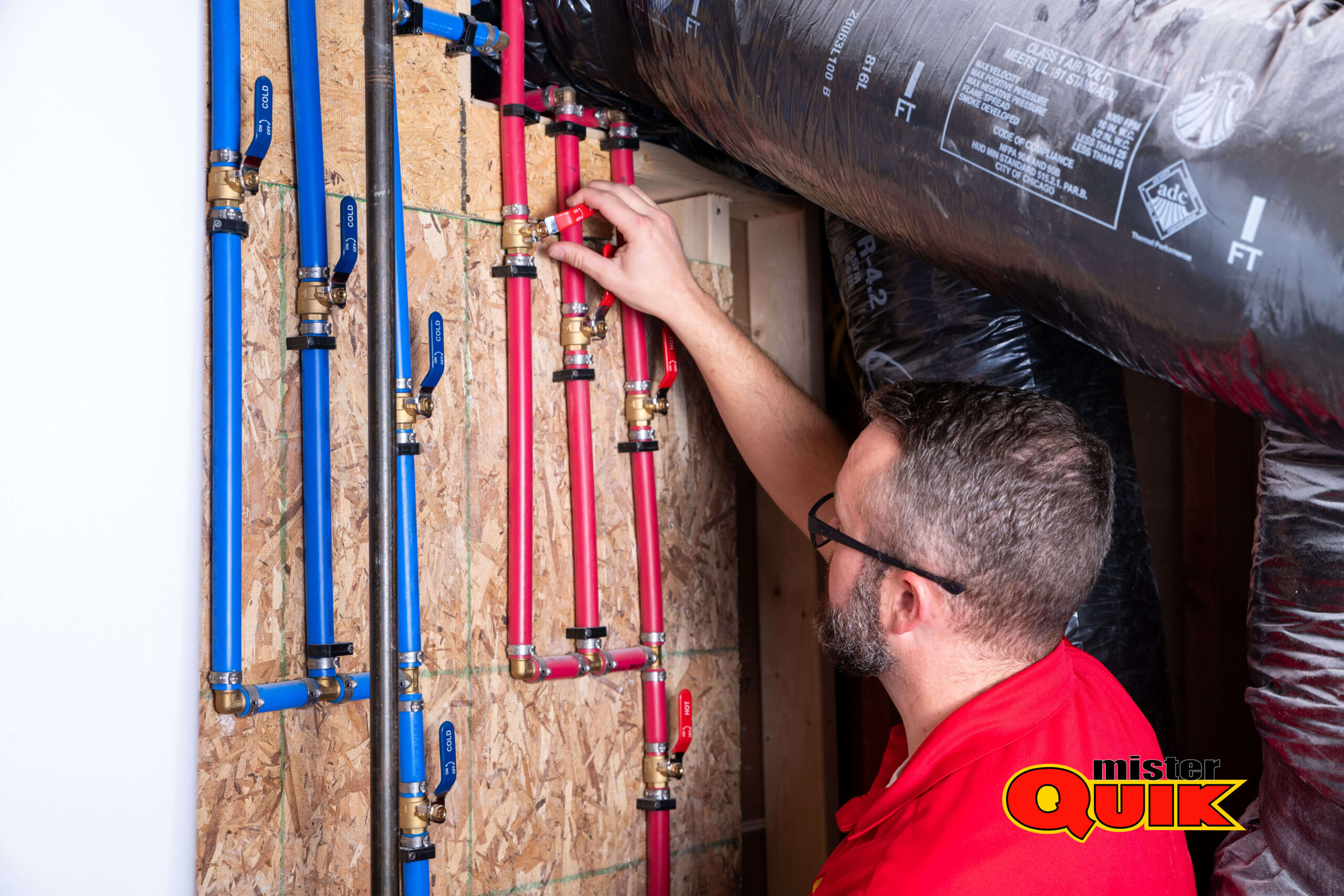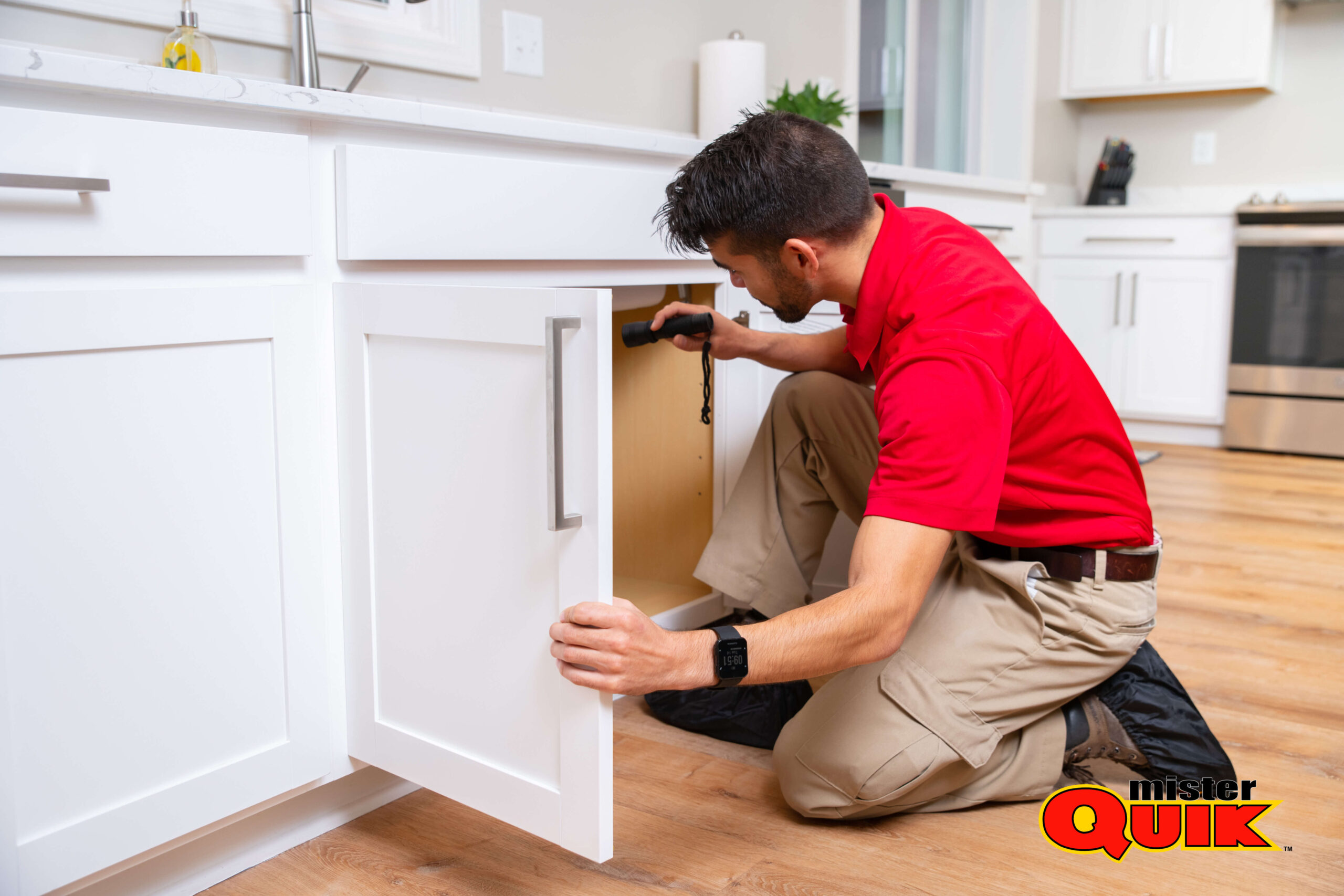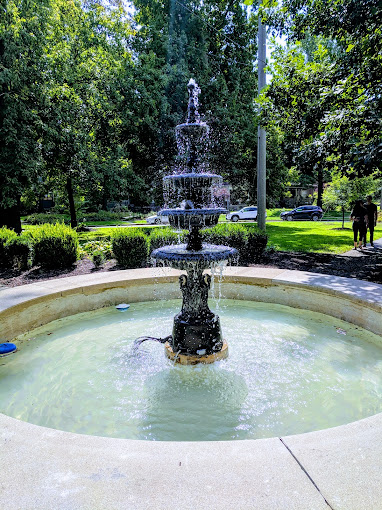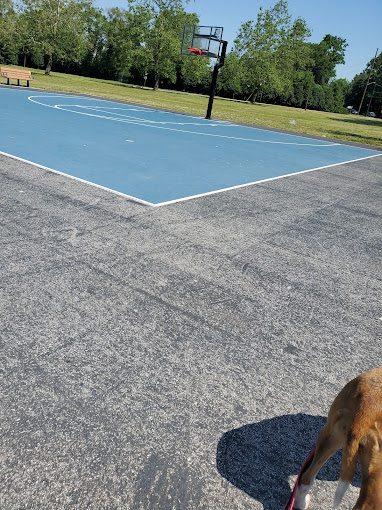Best Gas Line Repipe Indianapolis Near Me

Residential Gas Line Repipe Indianapolis Near Me
Natural gas is a convenient and efficient fuel for many homes, but the safety of your gas lines is paramount. Over time, gas lines can deteriorate due to age, corrosion, or improper installation, posing a serious risk of leaks and potential explosions. If you suspect your gas lines might need replacing, understanding the signs, process, and costs involved is crucial.
Signs You Might Need a Gas Line Repipe Indianapolis:
- Age of your gas lines: Gas lines typically have a lifespan of 20-50 years, depending on the material used. If your home is older than this timeframe, it’s wise to schedule a professional inspection.
- Material of your gas lines: Older homes might have black iron pipes, which are prone to rust and corrosion. If you have these materials, repiping with safer options CSST piping is recommended.
- Visible signs of damage: Leaks, cracks, or visible rust on your gas lines are clear indicators of potential problems and require immediate attention.
- Multiple repairs: Frequent repairs to your gas lines suggest a larger underlying issue, and repiping might be a more cost-effective solution in the long run.
- Gas odor: Even a faint gas smell is a serious sign of a potential leak and requires immediate action. Evacuate your home and call your local gas provider or plumber right away.
What to Expect During a Gas Line Repipe Indianapolis:
- Inspection: A licensed professional will thoroughly inspect your existing gas lines to assess their condition and determine if Gas Line Repipe Indianapolis is necessary.
- Permitting: Gas Line Repipe Indianapolis usually requires permits from your local authorities. The plumber will handle this process.
- Shutting off gas: The gas supply will be temporarily shut off during the work. Make sure you have alternative cooking and heating arrangements in place.
- Line replacement: The old gas lines will be carefully removed and replaced with new Gas Line Repipe Indianapolis.
- Testing and inspection: Once the new lines are installed, they will be pressure-tested to ensure they are leak-free. A final inspection by the authorities might be required.
- Reconnecting gas: The gas supply will be restored, and the plumber will test all appliances to ensure they function properly.
Meanwhile, the cost of a Gas Line Repipe Indianapolis can vary depending on several factors, including:
- Size and complexity of your home: Larger homes with multiple gas lines will naturally cost more to Gas Line Repipe Indianapolis.
- Material of the new piping: CSST is generally more expensive than Black Iron.
- Accessibility of the gas lines: If the lines are easily accessible, the project will be quicker and cheaper.
- Labor costs: Hourly rates for plumbers can vary depending on your location.
By understanding the signs, process, and costs involved in a Gas Line Repipe Indianapolis, you can make informed decisions to ensure the safety and well-being of your family and home.
Moen Delta Faucets Kohler American Standard Toto Mansfield Plumbing Price Pfister Peerless Lochinvar Rinnai Navien Grohe Speakman Gerber Whirlpool Easywater AO Smith Rheem Bradford White Culligan Kinetico Sterling Brizo Gastite Zoeller Glentronics Zurn Grundfos Pumps Blanco Bocchi Bradley Company Brasscraft Manufacturing Company Kerox, Ltd. Dornbracht Americas Inc. Falcon Water Technologies, LLC Fisher Manufacturing Company Fluidmaster, Inc. Hansgrohe, Inc. Haws Corporation LAUFEN Schweiz AG Lavelle
Industries, Inc. LIXIL LSP Products Group LLC Marcone Plumbing Masco Corporation Neoperl, Inc. Reliance Worldwide Corporation Sloan Valve Company Sprite Industries T&S Brass and Bronze Works, Inc. Uponor Viega LLC Water Pik, Inc. WCM Industries, Inc. Axor Decolav Dreamline Showers DXV Fairmont Design Fortis Franke Geberit Plumbing Ginger Graff HydroSystems Infinity Drains In-Sink-Erator Jacuzzi James Martin LinkaSink MTI
Native Trails Newport Brass PROFLO Rohl
Signature Hardware Strasser Swanstone Thompson Traders Watermark Zucchetti Alfi ANZZI Altair AquaPure Avanity Avano Azzuri Bella CORE Bemis Brondell CRAFT + MAIN California Faucets Chicago Faucets Clarke Cutler Kitchen and Bath Duravit EAGO Eccotemp Eemax Fresca Giagni Houzer Jones Stephens Kaldewei Kingston BrassKraus Liberty Pumps Little Giant MediTub Nameeks OVE Decors Pulse Purewater Baths Sagehill Designs Saniflo Stiebel Eltron Swiss Madison Symmons Ultra Faucets VIGO WS Bath Collections Waste King Watts Whitehaus
Gas Line Repipe Indianapolis Cost
You can expect to pay anywhere from $2,000 to $10,000 to Gas Line Repipe Indianapolis. However, it is always best to get quotes from several qualified plumbers before making a decision.
It is important to get quotes from several qualified plumbers before making a decision. This will help you ensure that you are getting the best possible price for Gas Line Repipe Indianapolis
Gas Line Repipe Indianapolis is typically more expensive during the winter months, when demand is higher. If you can, try to schedule your project for the spring or fall.
Many plumbers offer discounts for seniors, veterans, and other groups. Be sure to ask about any discounts that you may be eligible for.
If you are handy, you may be able to save some money by doing some of Gas Line Repipe Indianapolis yourself, such as removing drywall or digging trenches. However, it is important to make sure that you are qualified to do this work safely.
The lifespan of a gas pipe varies depending on factors such as material, installation quality, and environmental conditions. Generally, steel pipes can last up to 50 years, while CSST may have a lifespan of around 50 to 100 years. Regular maintenance and inspections are essential to ensure the integrity and safety of gas pipe systems, helping to detect and address any potential issues before they escalate.
The cost of a gas pipe change can vary widely depending on factors such as the length of the pipe, accessibility, local labor rates, and materials needed. Typically, the expense involves both labor and materials, with plumbers charging hourly rates for installation and any necessary permits adding to the overall cost. Additionally, the complexity of the job, such as the need for trenching or dealing with existing infrastructure, can influence the final price. It’s advisable to obtain quotes from multiple qualified professionals to get a more accurate estimate tailored to your specific situation.
Fixing a natural gas line leak involves several crucial steps to ensure safety and effectiveness. Firstly, immediately evacuate the area and call the gas company’s emergency line to report the leak. Avoid any actions that could ignite the gas, such as using electronic devices or lighting flames. Once the area is secure, a qualified technician will locate and repair the leak, typically by tightening connections or replacing damaged sections of the line. After the repair, a thorough inspection is conducted to verify that the line is safe to use before normal activities can resume.
Yes, a plumber can fix a gas leak, as they are trained in working with gas pipes and fittings. However, it’s crucial to ensure that the plumber is certified and experienced in handling gas-related issues to guarantee safety and compliance with regulations. Plumbers typically have the necessary skills and tools to detect and repair gas leaks effectively, ensuring the proper functioning of gas lines and preventing potential hazards associated with leaks. It’s advisable to contact a licensed and reputable plumber promptly if you suspect a gas leak to address the issue promptly and avoid any risks to health and safety.
The timing to replace a gas pipe depends on several factors including its material, age, condition, and local regulations. Regular inspection by a qualified professional is essential to assess any signs of wear, corrosion, or damage that could compromise safety. Additionally, if you notice any unusual odors, hissing sounds, or increased gas bills, it’s crucial to address these promptly and consider replacing the pipe if necessary to avoid potential leaks or hazards. Ultimately, prioritizing safety and adhering to maintenance schedules recommended by experts are key in determining when to replace a gas pipe.
Gas Line Repipe Installation
Gas line repipe installation is a critical but complex process that requires professional expertise. Here’s a breakdown of the key steps involved:

- Inspection and Diagnosis: A licensed plumber or gas fitter will thoroughly inspect your existing gas lines to assess their condition and determine if repiping is necessary. They’ll identify the type of gas used, material of existing lines, and any potential problems.
- Planning and Permitting: Based on the inspection, the professional will create a detailed plan for the repipe, including the layout of new lines, materials to be used, and estimated costs. They will also handle obtaining necessary permits from your local authorities.
- Preparation and Shut-off: The gas supply to your home will be temporarily shut off, ensuring safety during the installation process.
- Line Removal: The old gas lines will be carefully removed, ensuring proper disposal and minimizing disruption to your home.
- New Line Installation: New lines such as CSST, will be installed according to the approved plan. This might involve routing through walls, floors, or crawl spaces, depending on your home’s layout.
- Connections and Fittings: All connections and fittings will be made using appropriate materials and techniques to ensure a leak-proof system.
- Pressure Testing: Once the new lines are installed, they will undergo rigorous pressure tests to identify any potential leaks. This ensures the system can safely handle gas pressure.
- Final Inspection: A final inspection by the authorities might be required to verify compliance with building codes and safety standards.
- Gas Reconnection and Appliance Check: The gas supply will be restored, and the plumber will test all your gas appliances to ensure they function properly and safely with the new lines.
Heat pumps are heating and cooling systems that use electricity to transfer heat from the outside air to your home in the winter and from your home to the outside air in the summer. Heat pumps are typically the most efficient type of heating system, but they can be more expensive to install than furnaces or boilers.
Gas line repipe installation is a serious undertaking that affects the safety of your home and family. By understanding the process, choosing qualified professionals, and prioritizing safety, you can ensure a smooth and successful project.
Gas Line Repipe Replacement
While the term “gas line repipe replacement” seems redundant, it’s useful to clarify the distinction between “repiping” and “replacement” in the context of residential gas lines.

This refers to the complete replacement of existing gas lines within a structure. This usually involves removing all old piping and installing new lines throughout the system. It commonly applies to situations where the entire gas line system needs an overhaul due to age, material issues, extensive damage, or safety concerns. The process involves a comprehensive inspection, permitting, gas shut-off, complete line removal and replacement, pressure testing, final inspection, and gas reconnection.

This term can be used more narrowly to describe the replacement of specific sections or components of a gas line system. It might be necessary for isolated issues like leaks, corrosion in specific areas, or damage to a single appliance line. This process typically involves identifying the affected segment, isolating it from the system, removing and replacing the faulty section, pressure testing the repaired area, and reconnecting the gas supply.

Scope: Repipe involves replacing the entire system, while replacement focuses on specific sections. Reason: Repipe is usually for comprehensive safety upgrades, while replacement might address specific issues. Process: Repipe involves a more extensive procedure, while replacement can be more localized.

If you're unsure about the extent of your gas line problems, it's best to consult a licensed plumber or gas fitter for a proper diagnosis and recommendation. They can determine if a complete repipe or a targeted replacement is necessary. Using the term "repipe" is generally more accurate when referring to the complete overhaul of your gas line system, while "replacement" might be appropriate for specific repairs within the system.

When you need reliable sink repair service near Indianapolis, trust the experts at Mister Quik Home Services. Contact us today to schedule an appointment and experience the difference firsthand.
Gas Line Repipe Replacement
While the term “gas line repipe replacement” seems redundant, it’s useful to clarify the distinction between “repiping” and “replacement” in the context of residential gas lines.
1.Gas Line Repipe:
- This refers to the complete replacement of existing gas lines within a structure. This usually involves removing all old piping and installing new lines throughout the system.
- It commonly applies to situations where the entire gas line system needs an overhaul due to age, material issues, extensive damage, or safety concerns.
- The process involves a comprehensive inspection, permitting, gas shut-off, complete line removal and replacement, pressure testing, final inspection, and gas reconnection.
2.Gas Line Replacement:
- This term can be used more narrowly to describe the replacement of specific sections or components of a gas line system.
- It might be necessary for isolated issues like leaks, corrosion in specific areas, or damage to a single appliance line.
- This process typically involves identifying the affected segment, isolating it from the system, removing and replacing the faulty section, pressure testing the repaired area, and reconnecting the gas supply.
3.Key Differences:
- Scope: Repipe involves replacing the entire system, while replacement focuses on specific sections.
- Reason: Repipe is usually for comprehensive safety upgrades, while replacement might address specific issues.
- Process: Repipe involves a more extensive procedure, while replacement can be more localized
Remember, gas line safety is paramount, so always err on the side of caution and seek professional help if you suspect any issues with your gas lines.
What Pipe to Use for Gas Line?
The type of pipe you use for a gas line repipe depends on several factors, including:
Your local authorities will have specific requirements for gas line materials. Always consult your local building department before starting any work.
Natural gas and propane have different pressure requirements, and the pipe material needs to be suitable for the specific gas being used.
Different parts of your gas line system may require different types of pipe due to varying pressure and accessibility needs.
While some materials are more expensive than others, their availability in your area and ease of installation should also be considered.
Different pipe diameters are needed for different gas flow requirements.
Gas line work should only be performed by licensed and qualified professionals. They have the knowledge, experience, and permits necessary to ensure safe and compliant installation.
Never attempt to work on gas lines yourself. Consulting a professional plumber or gas fitter is crucial to determine the most appropriate pipe material and ensure a safe and successful gas line repipe.
Troubleshoot Checklist:
- Determine the material and age of the gas pipe.
- Understand that steel pipes last up to 50 years, while CSST may last 50 to 100 years.
- Obtain quotes from multiple professionals considering factors like length, accessibility, and materials.
- Be aware that labor, materials, and permits contribute to the overall cost.
- Evacuate the area and report the leak to the gas company’s emergency line.
- Allow a qualified technician to locate and repair the leak, ensuring safety measures are followed.
- Confirm that the plumber is certified and experienced in gas-related repairs.
- Trust the plumber to effectively detect and repair gas leaks while adhering to safety regulations.
- Regularly inspect the pipe for signs of wear, corrosion, or damage.
- Consider replacement if the pipe is old, damaged, or exhibiting signs of leaks to ensure safety and compliance with regulations.










